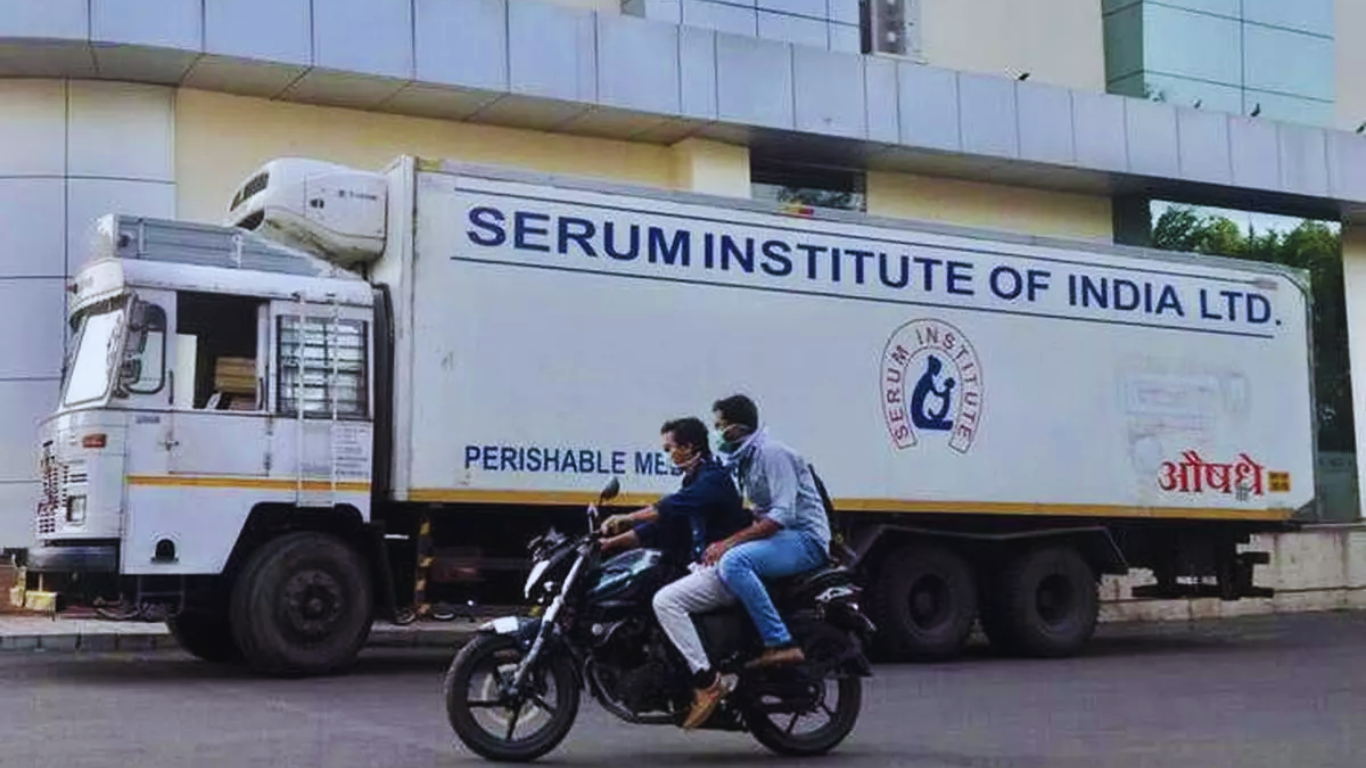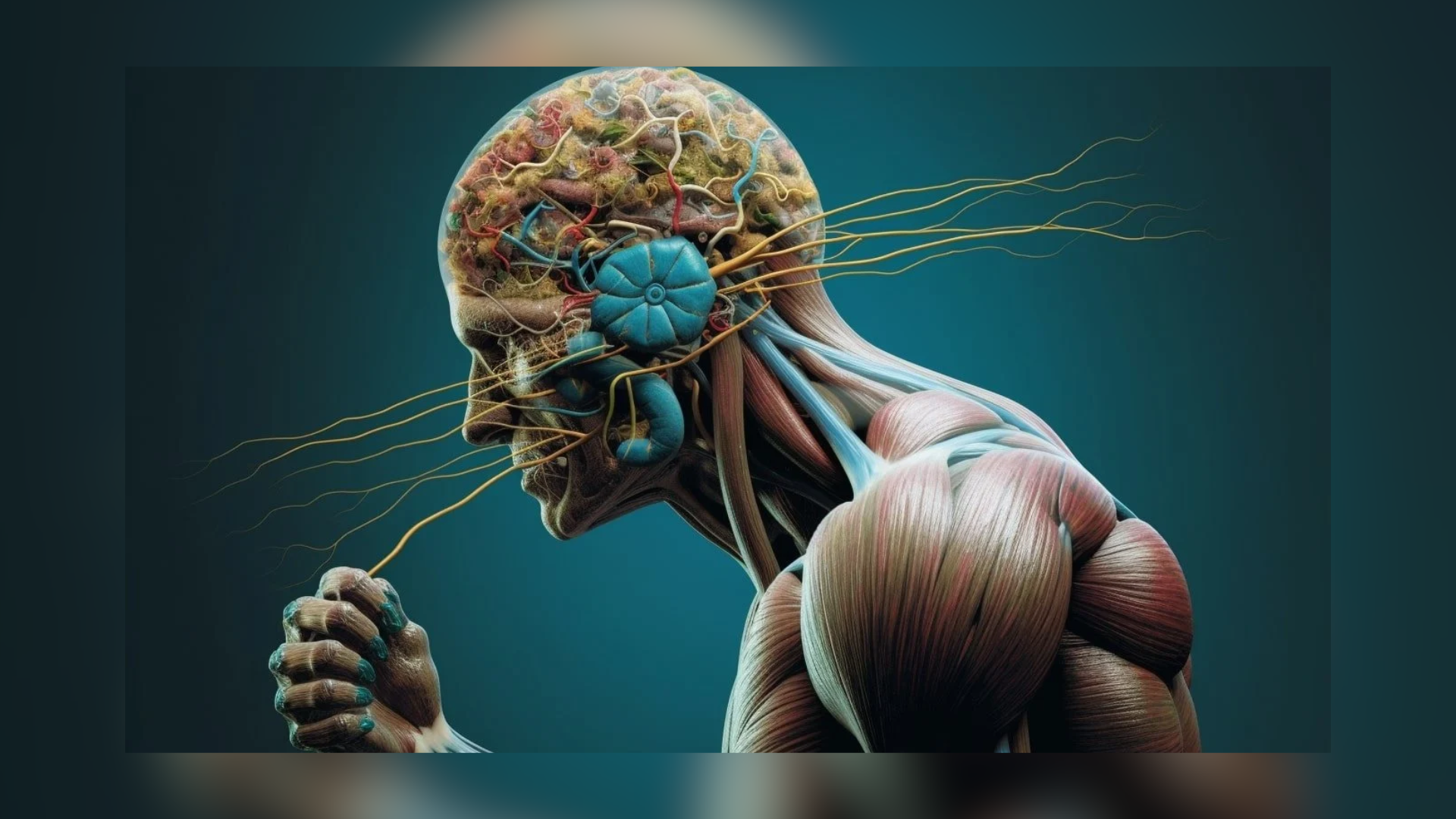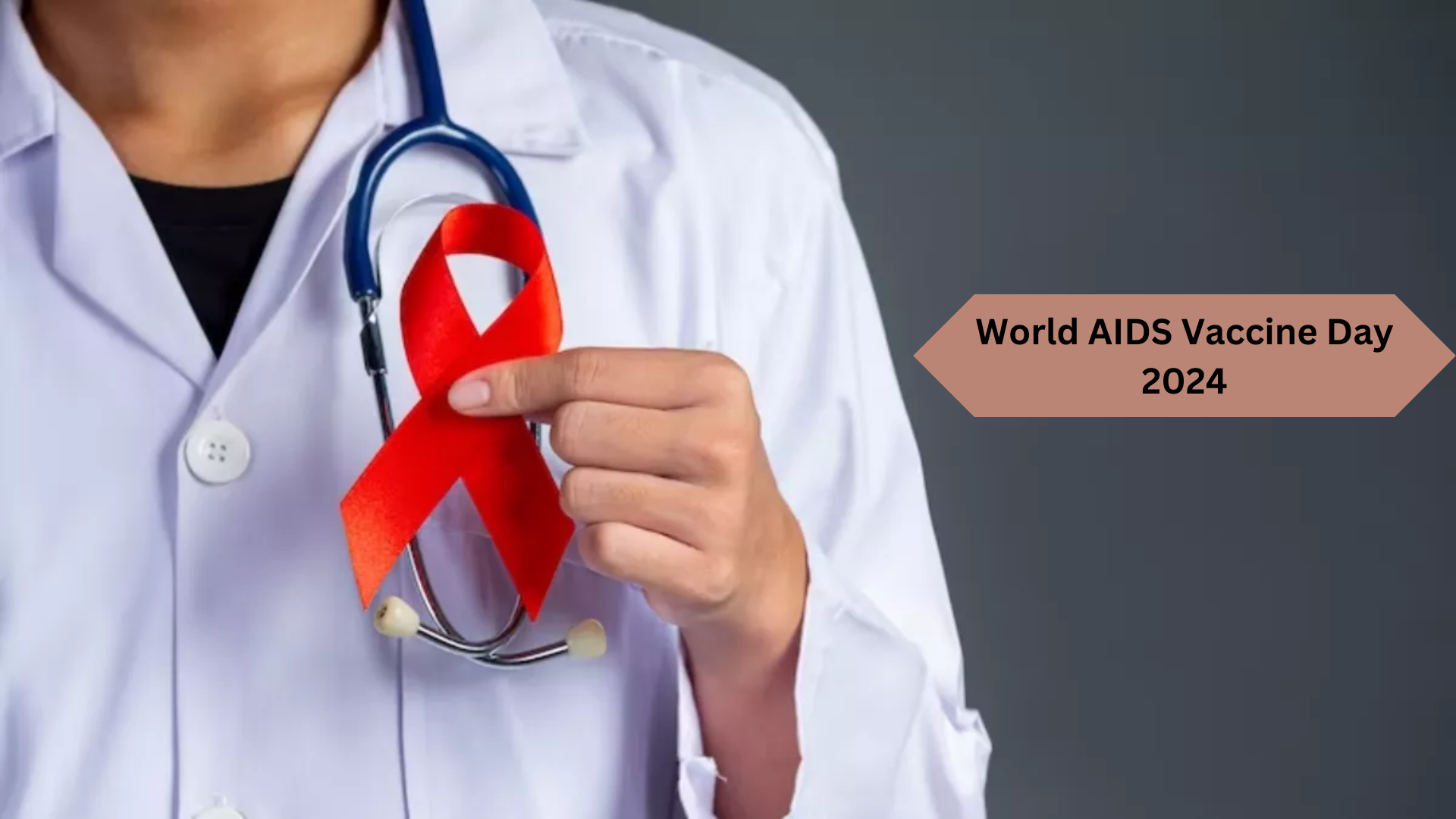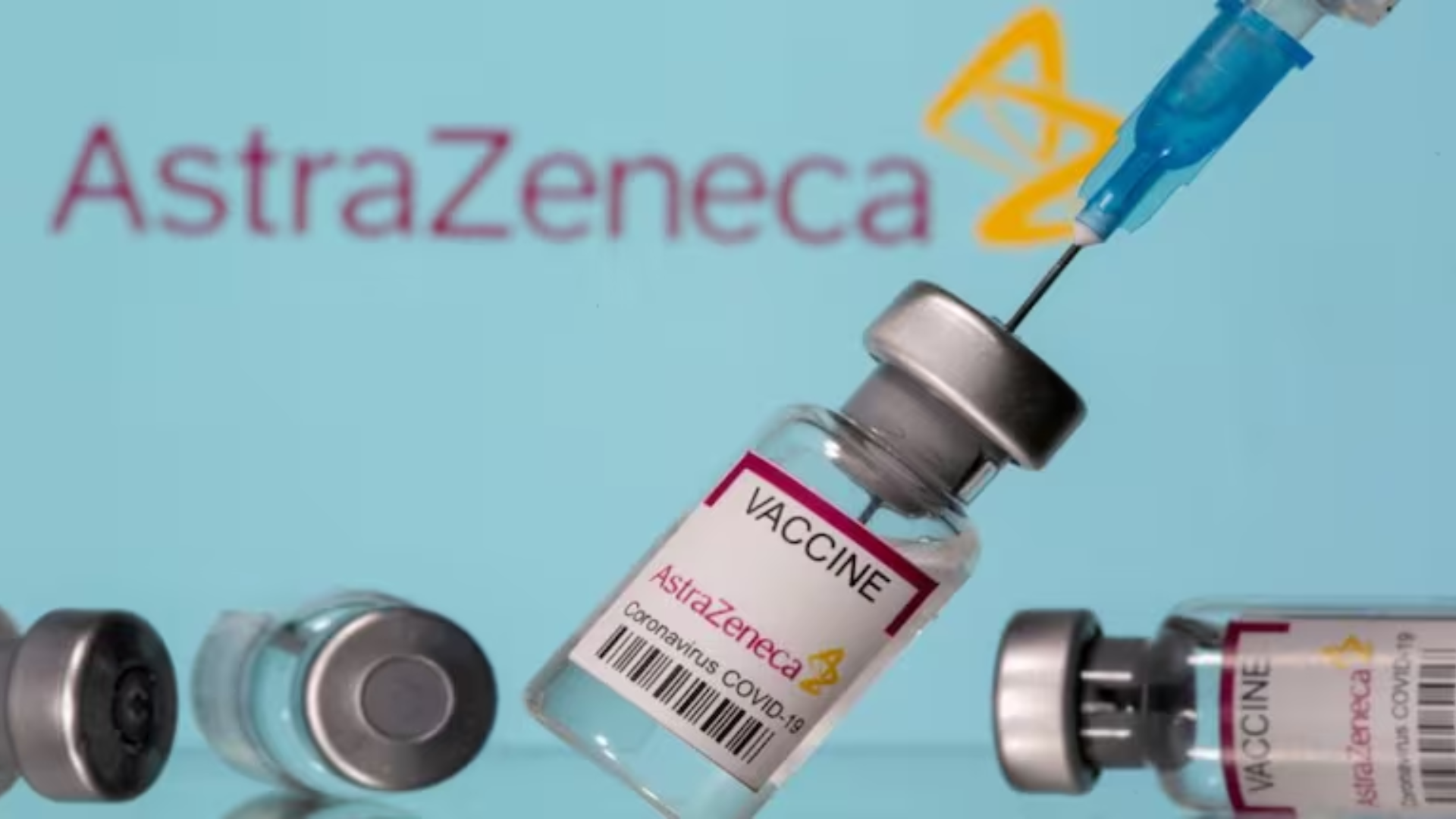










In response to recent concerns over rare side effects associated with the AstraZeneca-Oxford COVID-19 vaccine, the pharmaceutical company has reaffirmed its commitment to patient safety while highlighting the vaccine’s overall safety profile.
An AstraZeneca spokesperson expressed sympathy for individuals who have experienced adverse health effects, stating, “Patient safety is our highest priority, and regulatory authorities have clear and stringent standards to ensure the safe use of all medicines, including vaccines.”
This statement follows AstraZeneca’s acknowledgment that its COVID-19 vaccine, Covishield and Vaxzevria, can, in very rare cases, cause Thrombosis Thrombocytopenia Syndrome (TTS). Despite these rare occurrences, the company maintains that extensive clinical trial data and real-world evidence consistently support the vaccine’s safety and efficacy.
Regulatory agencies worldwide continue to assert that the benefits of vaccination outweigh the risks of such extremely rare side effects. Recent reports from UK media indicate that AstraZeneca made this admission in court documents related to cases alleging serious injury or death caused by the vaccine.
Also read: AstraZeneca Acknowledges In Court: COVID Vaccine May Rarely Cause TTS Side Effects
Covishield, produced by the Serum Institute of India, utilizes a viral vector platform rather than mRNA technology. The vaccine incorporates a modified chimpanzee adenovirus (ChAdOx1) to deliver the COVID-19 spike protein into human cells. This platform, similar to that used for vaccines against viruses like Ebola, aims to train the immune system to combat viral infections.
In 2023, the World Health Organization (WHO) identified TTS as a serious adverse event following immunization with COVID-19 non-replicant adenovirus vector-based vaccines, including the AstraZeneca ChAdOx-1 vaccine and the Johnson & Johnson Janssen COVID-19 Ad26.COV2-S vaccine. WHO issued interim emergency guidance to raise awareness and aid healthcare providers in assessing and managing potential TTS cases.
However, Union Health Minister Mansukh Mandaviya, speaking at ‘ANI Dialogues – Navigating India’s health sector’ in March 2024, referenced a detailed study by the Indian Council of Medical Research (ICMR). The study concluded that COVID-19 vaccines are not responsible for heart attacks, suggesting that an individual’s lifestyle and factors such as binge drinking could contribute to underlying causes.
Mandaviya emphasized the need to differentiate between adverse health events and the COVID-19 vaccine’s safety, urging informed decision-making based on scientific evidence and expert guidance.









